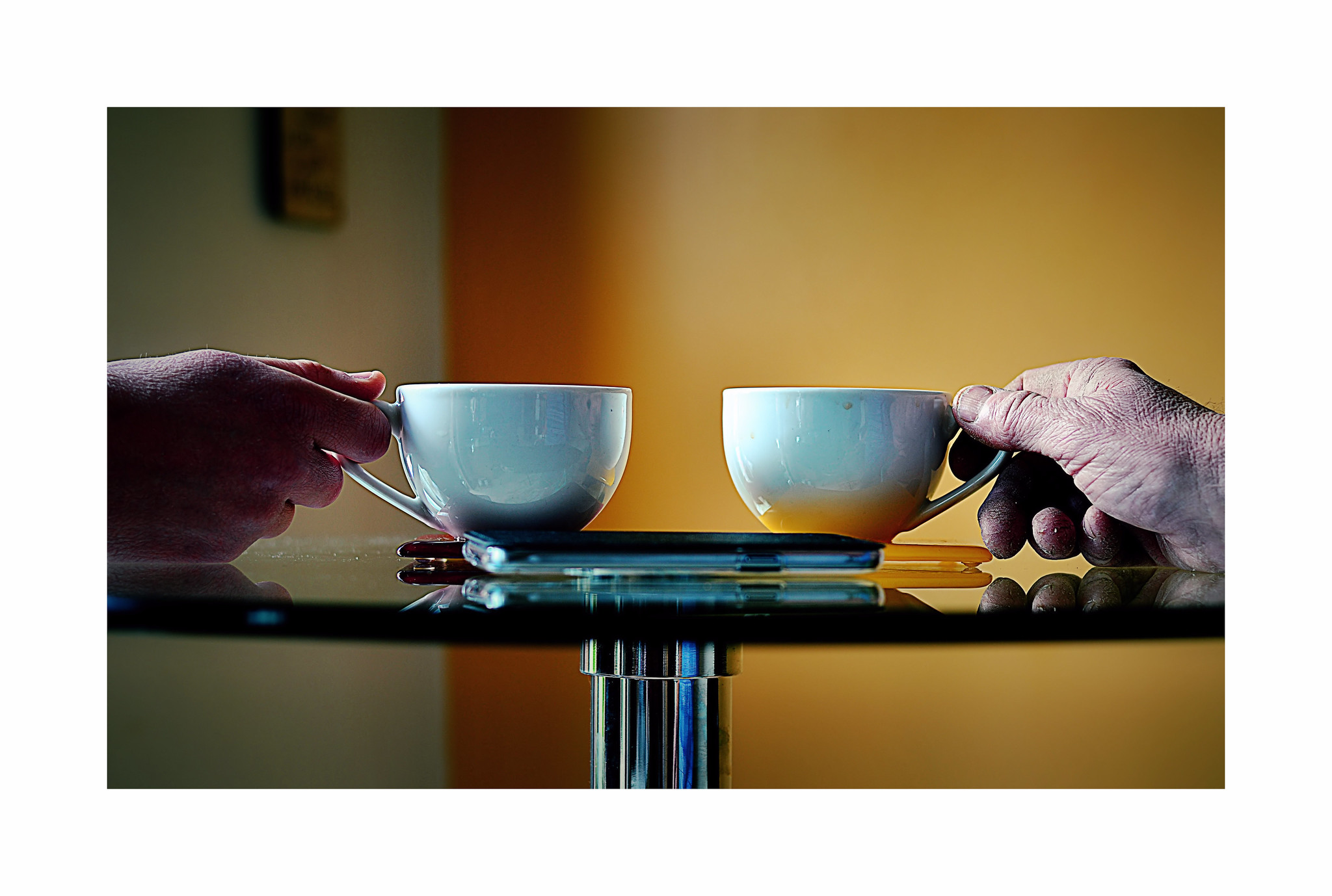
I've been thinking a lot about stories in this last season of my life.
Nearly two years ago, I attended a conference where I was trained on using storytelling and listening skills to facilitate conversations across deep divides. Since then, I have tried to be increasingly intentional about remaining curious in the face of disagreement, asking questions that invite people to share their stories, and listening without judgement.
Yesterday, I received the most recent edition of The Christian Century in the mail, and I was particularly captivated by a feature article considering how the principles of "narrative therapy" (from the psychology world) might be extended into how we create compassionate space for one another, by encouraging the sharing and receiving of personal story.
It is a presidential election year. Things are incredibly fraught. Our rhetoric arises from anger, with the goal of further inciting anger.
I despair of this.
But I also feel a stirring. There is something within me (we'll call it the Holy Spirit, just for fun) that wants to listen, to receive, to be curious, and to tend to people's stories. Not their angry rhetoric or their rehearsed party lines.
But to sit somewhere, to hand over a cup of coffee, and to ask three questions:
"What do you love?"
"What do you fear?"
"Who do you trust?"
And then, to sit back, and listen. To say nothing else besides, "Tell me more" and "What is that like for you?"
This is terribly inefficient, I realize. It will not bring about a nation-wide political truce. It won't win arguments. It probably won't change our minds on issues that we care deeply about. But it might change a heart. Or at least soften one. Mine, at least.
These questions of preserving what we love, protecting ourselves from what we fear, and choosing our loyalties accordingly: isn't this what we are all fighting for every day? Isn't this what motivates us in all of our most basic and profound decisions?
These are the stories that shape us. And maybe...we have not listened well when others have been telling their stories.
Martin Luther King, Jr. once said, "riots are the language of the unheard." He said this not as an affirmation of violent protest, but as a recognition that when we do not listen to one another, when we do not feel seen and heard, we act ever more rashly and desperately, that someone pay attention to us and our story.
Is it possible that all the anger and violence we feel around us is, at its root, the crying out of voices who just want to be heard, across all races and gender expressions and social classes and life situations? Even as we necessarily work to elevate marginalized voices that so often go ignored, we must acknowledge the shared human desire to be heard, seen, and known; to feel like our stories are worth something and that there are people willing to hear us when we share them.
I don't know if listening will fix everything. Or anything. But maybe it will help us recover a lost part of our shared humanity. And maybe we will all be better for it.
Tags:
musings